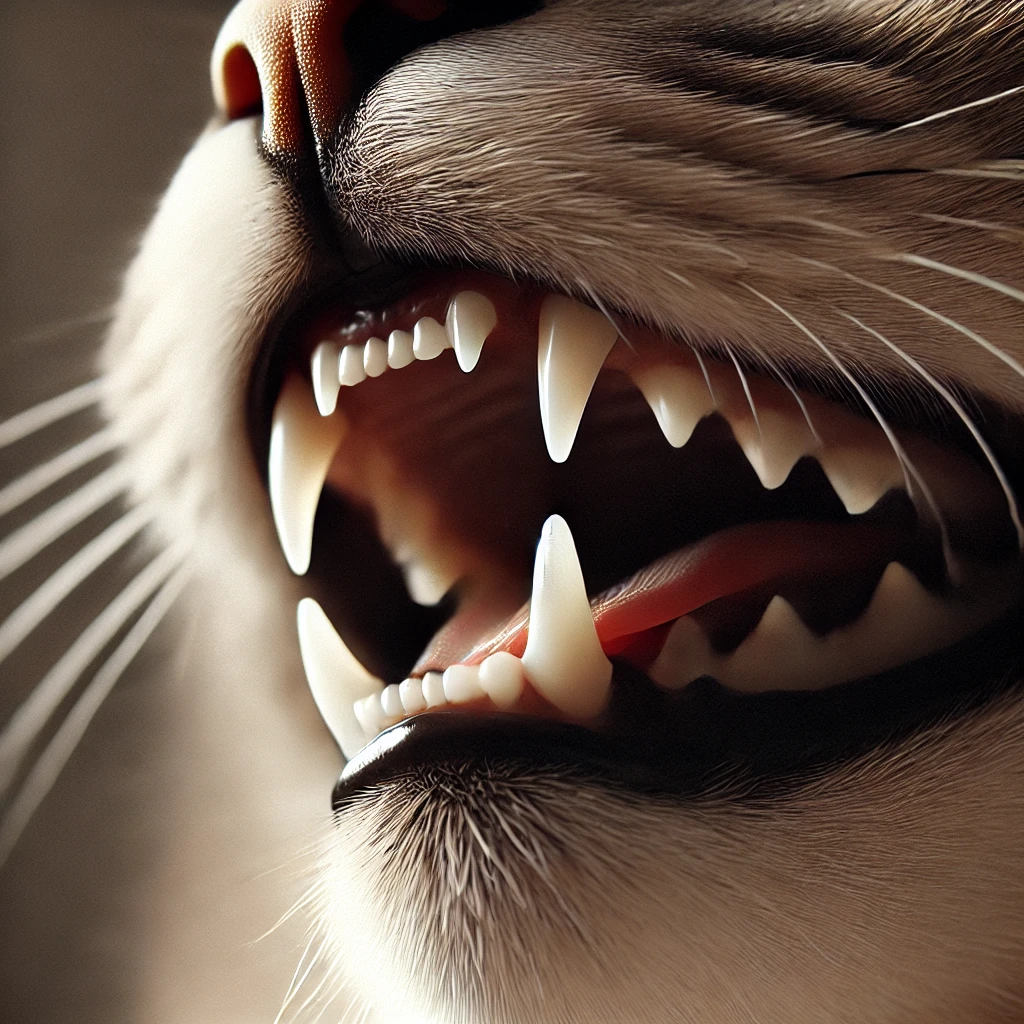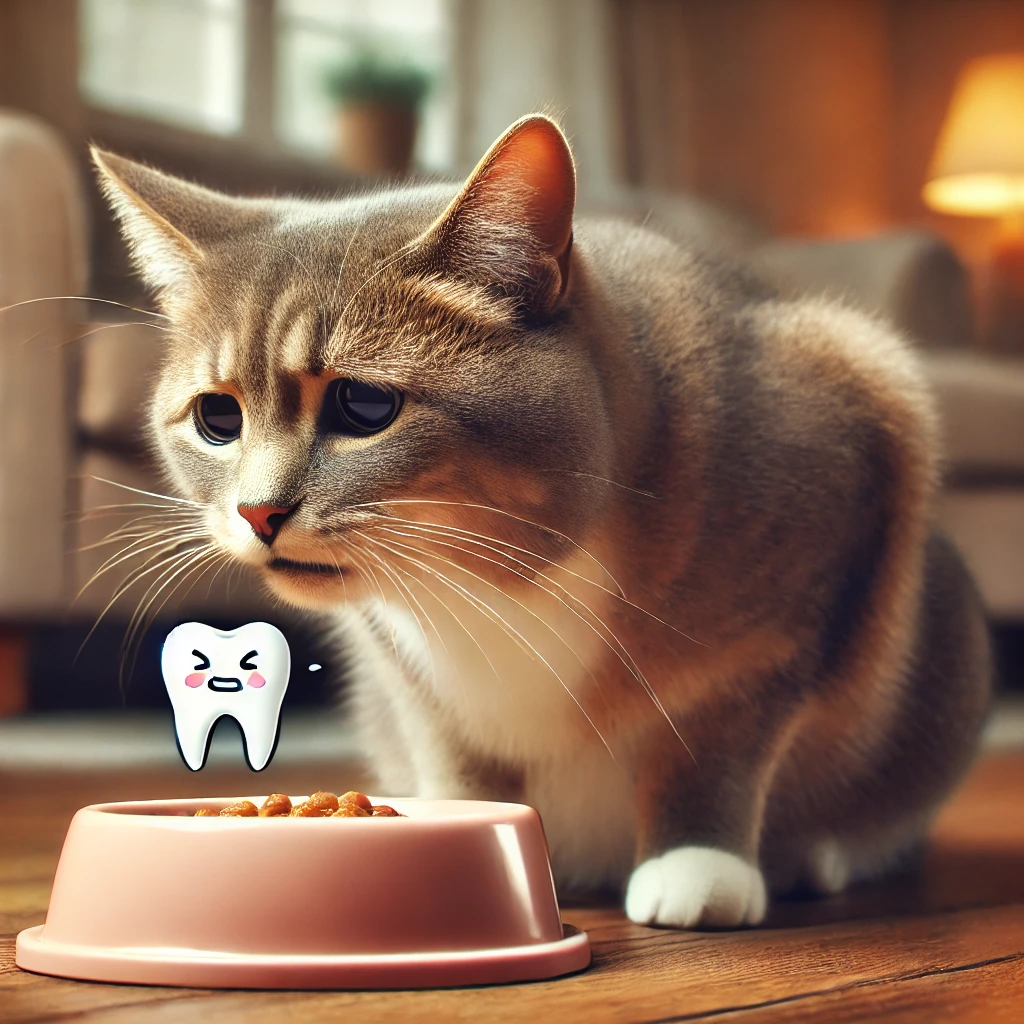Why Prioritizing Regular Dental Care is Vital for Your Cat’s Health
Many cat owners frequently neglect the essential need for their furry companions to receive regular dental care, which can lead to severe health problems over time. Just as humans must maintain their teeth for optimal health, cats also require consistent attention to their dental hygiene to ensure their overall well-being. The complex anatomy of a cat’s mouth is uniquely designed with sharp teeth that play a critical role in tearing and cutting food. When dental issues arise, they can drastically impair a cat’s ability to eat and can trigger a cascade of significant health concerns throughout their entire body.
The alarming rate of dental disease in cats is a cause for concern among pet owners. Studies reveal that a large percentage of cats will encounter dental challenges at some point in their lives, ranging from minor tartar buildup to severe conditions like gum disease and eventual tooth loss. These dental issues often extend beyond the mouth, potentially leading to grave complications affecting vital organs such as the heart, liver, and kidneys, making awareness crucial for every cat owner.

Understanding the serious risks linked to ignoring your cat’s dental health is paramount for their overall well-being. When a cat suffers from dental disease, harmful bacteria from oral infections can enter the bloodstream, spreading throughout their body and potentially leading to chronic health conditions. In extreme cases, these complications can severely impact their quality of life, making regular dental monitoring a necessity rather than a luxury. Thus, keeping an eye on your cat’s pearly whites and gums is crucial; it represents a vital aspect of their health, far beyond mere aesthetics.
Recognizing Key Indicators of Dental Problems in Cats: Watch for These Signs
Spotting dental problems in your cat may seem like a daunting task, but there are specific signs that can help you identify potential issues before they escalate. A significant reduction in appetite or your feline friend rejecting their favorite kibble can be a classic warning sign that something is amiss. Moreover, symptoms such as excessive drooling, persistent bad breath, and visibly bleeding gums are strong indicators that your cat’s oral health may be compromised and requires immediate attention.
Cats are incredibly skilled at hiding pain, making the detection of dental discomfort even more complex. It is essential to stay observant for subtle behavioral changes, including increased irritability, a reluctance to engage in playtime, or a new habit of pawing at their mouth. These behaviors may signify underlying dental distress that necessitates prompt veterinary consultation and should never be disregarded.
Regular veterinary visits play an indispensable role in safeguarding your cat’s dental health. A skilled veterinarian can identify dental issues that might remain unnoticed during regular check-ups. Early detection of these problems is crucial because it allows for timely treatments that can prevent minor issues from escalating into severe health complications.
For instance, take the case of Mittens, an energetic tabby who appeared to be in perfect health until a routine veterinary examination uncovered advanced dental disease. Thanks to swift intervention, Mittens was able to avoid serious complications. Stories like Mittens’ highlight the importance of not underestimating the value of regular check-ups, even when your feline companion seems to be thriving.
Creating an Effective Dental Care Routine for Your Cat
Establishing a dental care routine for your cat may initially feel overwhelming, but with the right tools and a touch of patience, it can be a straightforward process. The first step is to select the correct dental products specifically designed for cats. It’s crucial to avoid using human toothpaste, as it can be harmful; instead, look for cat toothbrushes and toothpaste formulated for their unique needs.
Once you have the necessary dental care supplies, the next step is to gradually introduce your cat to the brushing process. Cats often require time to adjust to having their teeth brushed, so start by allowing them to taste the toothpaste, making the experience enjoyable. Slowly introduce the toothbrush by gently massaging their gums with your finger, helping them acclimate to the sensation of brushing.
Integrating professional dental cleanings performed by your veterinarian into your cat’s dental care regimen is also essential. Vets can conduct deep cleaning procedures and address any underlying issues that might escape at-home care. This collaborative approach significantly enhances your cat’s overall dental health and helps maintain their well-being.
If your cat shows resistance to the idea of tooth brushing, remember that patience and positive reinforcement are key. Use treats as rewards and keep each dental session brief and enjoyable. Over time, your cat will adapt to the routine, making it an effortless part of their daily life.

Understanding the Connection Between Nutrition and Your Cat’s Dental Health
The significance of diet in preserving your cat’s dental health is immense and cannot be overstated. You might be surprised to learn just how proper nutrition can strengthen their teeth and promote gum health. Certain food types are specifically crafted to assist in reducing plaque and tartar buildup, effectively providing your cat with a mini dental cleaning with each bite they take.
When selecting food for your feline companion, it is wise to look for dental-specific options. These specialized products often feature textures designed to aid in cleaning teeth, making a considerable difference in your cat’s oral hygiene routine. It’s akin to giving their mouth a tasty workout! However, it is essential to remember that while these foods are beneficial, they should complement, not replace, regular dental care practices.
Be cautious about offering sticky or sugary treats that can cling to their teeth and promote decay. Instead, opt for delicious treats that also support dental health. Consider these treats as little allies in the ongoing battle for your cat’s oral hygiene.
Incorporating dental-friendly foods into your cat’s diet is more manageable than you might imagine. Start by blending in some new food with their regular meals to observe how they adapt. Always consult your veterinarian to ensure that any changes to their diet align with your cat’s nutritional needs and support optimal dental health.
The Article : Dental Care For Cats: Why It’s Important And How To Start Appeared First On Unity Pets.
The Article Was Found On https://limitsofstrategy.com


Your post on the vital importance of regular dental care for our feline friends really resonates with me, and it’s a topic that definitely deserves more attention. Over the years, I have come to appreciate how interconnected a pet’s oral health is with their overall well-being. Just like humans, our cats cannot verbally express their discomfort, making it all the more crucial for us to be vigilant about their dental hygiene.
I completely agree with you about the importance of being attentive to our cats’ dental health. It’s true; they don’t have a way to tell us when something’s bothering them, which can make it easy to overlook issues that might be occurring right under our noses.
You’ve hit on a great point about the connection between oral health and overall well-being in cats. It is pretty eye-opening once you start paying attention, right? When our furry friends can’t tell us what’s bothering them, it really makes us realize how important we are in their care.